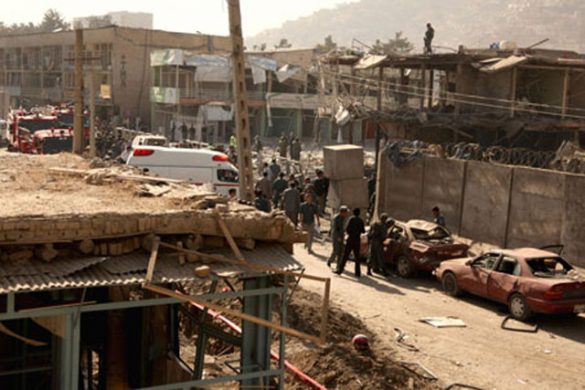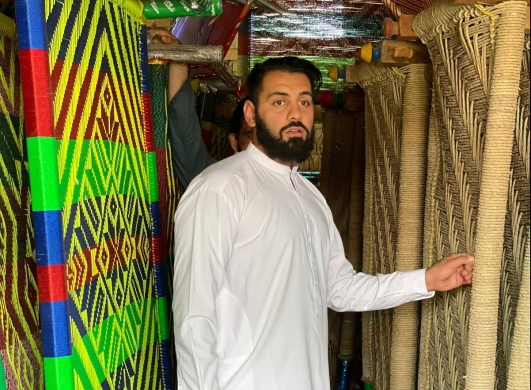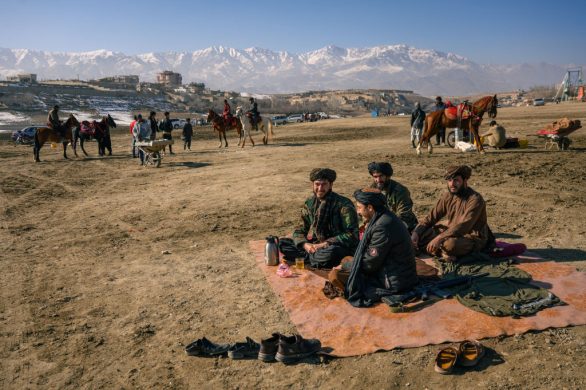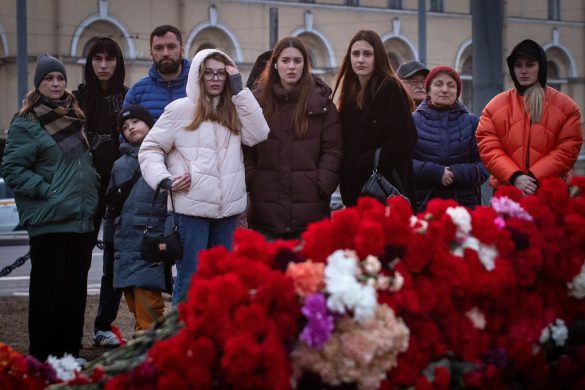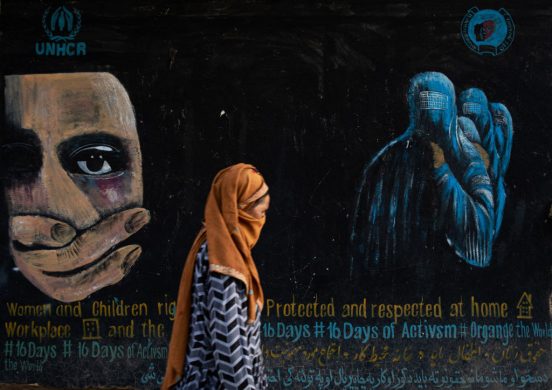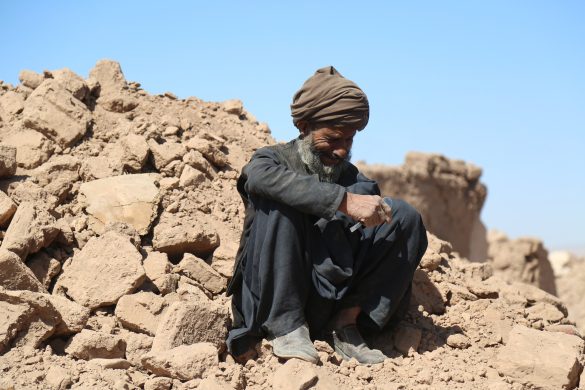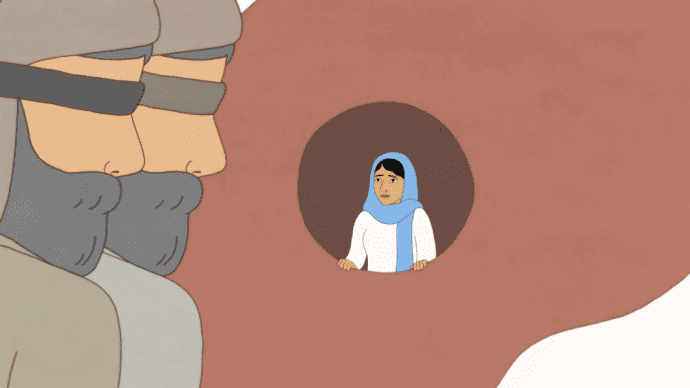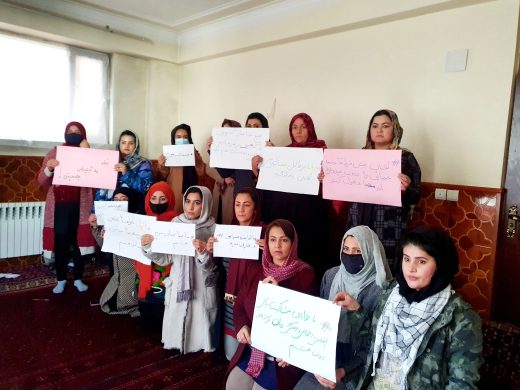17 July 2017 (UN News): Civilians lives – including those of women and children – continue to be lost at record high levels amid a worsening toll of suicide attacks, the United Nations mission in Afghanistan said today, calling on anti-government forces to stop indiscriminate attacks against civilians as well as on the Government to stop using mortars and rockets in populated areas.
“The human cost of this ugly war in Afghanistan – loss of life, destruction and immense suffering – is too far too high,” said the Special Representative of the Secretary-General for Afghanistan and head of the UN Assistance Mission in Afghanistan (UNAMA), Tadamichi Yamamoto, in a news release today.
“The continued use of indiscriminate, disproportionate and illegal IEDs [improvised explosive devices] by anti-government elements is particularly appalling and must immediately stop.”
According to the UN Mission's 2017 Mid-year Report on Protection of Civilians in Armed Conflict in Afghanistan, 1,662 civilian died (up two per cent on the same period last year) and 3,581 were injured (down one per cent) between 1 January and 30 June 2017.
Many of those casualties occurred in a single attack in Kabul city on 31 May, when a truck bomb killed at least 92 civilians and injured nearly 500. This was the deadliest incident documented by UNAMA since 2001.
Women and children in the country continue be particularly affected. In the report, the UN Mission noted that so far this year, 174 women were confirmed killed and 462 injured (an overall rise of about 23 per cent), reversing a decline documented in 2016.
The statistics in this report, horrifying though they are, can never fully convey the sheer human suffering of the people of Afghanistan – UN rights chief Zeid Ra'ad Al Hussein
Child casualties, overall also increased by one per cent, with 436 deaths (a nine per cent increase) and 1,141 injuries, it added, highlighting that the use of pressure-plate IEDs and aerial operations in civilian-populated areas led to substantial increases in both women and child casualties.
Also in the news release, Zeid Ra'ad Al Hussein, the UN High Commissioner for Human Rights underscored that behind each death or injury, there is a broken family, unimaginable trauma and the brutal violation of people's rights.
“Many Afghan civilians are suffering psychological trauma, having lost family and friends, and are living in fear knowing the risks they face as they go about their daily lives. Many more have been forced from their homes and suffered lasting damage to their health, education and livelihoods,” he stated.
“The continuing national tragedy of Afghanistan must not be overlooked.”
Læs resten af artiklen hos UN News

